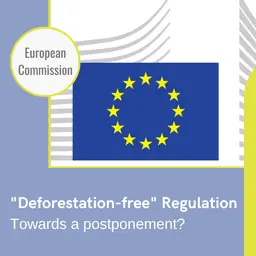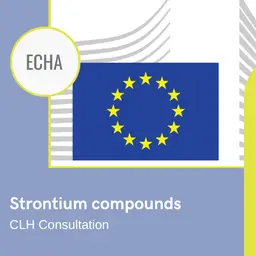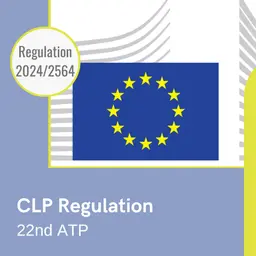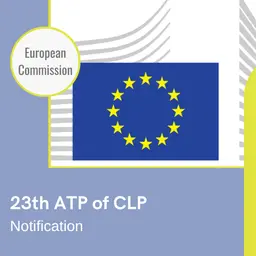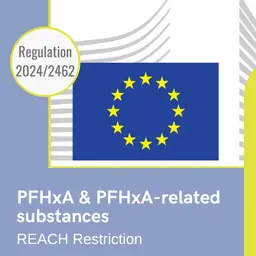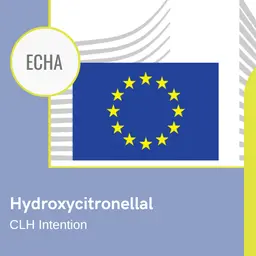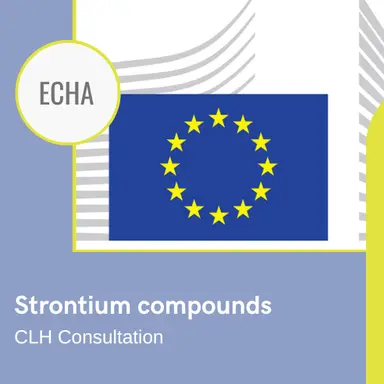
On 2 October 2024, the European Chemicals Agency (ECHA) announced that it had launched a consultation on Sweden’s proposal for the harmonised classification and labelling (HCL) of several strontium compounds, some of which may currently be used in cosmetics, as category 1B reprotoxic substances. This consultation is open until 29 November 2024.
A total of 11 substances are included in this consultation. Of these, three may still be used in cosmetics.
• Strontium acetate (No.CAS: 543-94-2, No.CE: 208-854-8, INCI: Strontium Acetate) is listed in the Cosing with the functions: Oral care, Soothing. It is included in Annex III/58 (Restricted substances) of Regulation 1223/2009 which limits its use to oral products at a maximum concentration of 3.5%.
• Strontium chloride (No.CAS: 10476-85-4, No.CE: 233-971-6, INCI: Strontium Chloride) is listed in the Cosing with the functions: Oral care, Skin conditioning, Soothing. It is included in Annex III/57 of Regulation 1223/2009 which limits its use to oral products at a maximum concentration of 3.5% and to shampoos and face products at a maximum concentration of 2.1%.
• Strontium hydroxide (No.CAS: 18480-07-4 / 1311-10-0, No.CE: 242-367-1, INCI: Strontium hydroxide) is listed in the Cosing with the function: Buffering. It is included in Annex III/63 of Regulation 1223/2009 which limits its use to its function as a pH adjuster for depilatories at a maximum concentration of 3.5%. None of these substances are currently listed in Annex VI to European CLP Regulation 1272/2008.
For all the substances included in the consultation, Sweden proposes the following classification.
Identification
Index …



